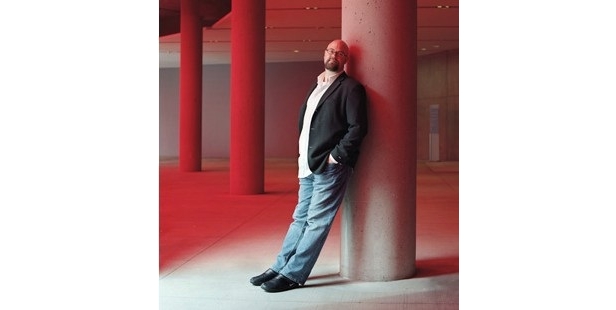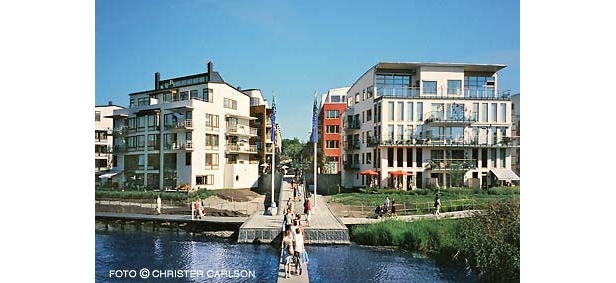Rumors have been floating around for a while, but on Monday the unfortunate fact became public: the sustainability news and advocacy site Worldchanging is shutting down. The 501c3 non-profit will dissolve by the end of the year, though the hope is to preserve its seven-year online archive.
A note on the site says the organization had grown almost completely dependent on revenue from the speaking fees of co-founder and editor Alex Steffen:
Why is this happening? Worldchanging readers were generous over the years and an important part of our ongoing operations, but we were never able to secure major foundation support, so Worldchanging relied most heavily on income generated from Alex Steffen’s speaking engagements (Alex gave more than 400 talks over the past five years) and the Worldchanging book. The strenuous travel schedule it takes to deliver that many talks, though, was unsustainable, both personally for Alex and in terms of the impact it had on Worldchanging’s ability to develop new work.
At Grist, we’ll be pouring one out for our Seattle neighbors. Alex and Worldchanging have been the best sort of competitors a news org can hope for — they’ve highlighted and questioned our work; served as occasional collaborators (Alex and David Roberts conducted a monster three-part interview a few years ago); and pushed some important ideas closer to the mainstream.

Alex’s chief contribution has been promoting “bright green” environmentalism through the website, international lectures, a TED talk, and a two-part Seattle presentation that prompted the city council to adopt the goal, on paper at least, of carbon neutrality.
If “dark green” environmentalism is about making do with less — smaller houses, colder showers, fewer daily indulgences — the “bright green” promise is that, through technology, design, and a careful assessment of what we care about most, we can build sustainable places that are more sociable and pleasant than the neighborhoods most of us live in now. In short, walkable, resilient places can be fun.
Alex’s presentations use images and aphorisms that make this much more vivid than my rambling here suggests. “People don’t want the drill; they want the hole in the wall,” is his way of illustrating the wisdom of neighborhood tool-sharing libraries.
 Hammarby Sjostad neighborhood, Stockholm, SwedenPhoto: ccfoto.se
Hammarby Sjostad neighborhood, Stockholm, SwedenPhoto: ccfoto.se
He also recognized, before much of the environmental movement did, that cities are hotbeds of innovation, leadership, and people who have internalized a sustainability ethic. When I talked to him last winter for a story on the post-Copenhagen strategy for climate groups, he put hope not in self-identified activists and environmentalists, but in people working and volunteering in areas like architecture, design, planning, community development, housing, building, local energy, local food, and alternative transportation. The U.S. Senate may be inept and the U.N. climate treaty process may be obsolete, he said, but the good work of people figuring out local solutions goes on.
Alex will continue giving public talks, and a new edition of the org’s book, Worldchanging: A User’s Guide for the 21st Century, comes out in March. It’ll be worth tracking down.



